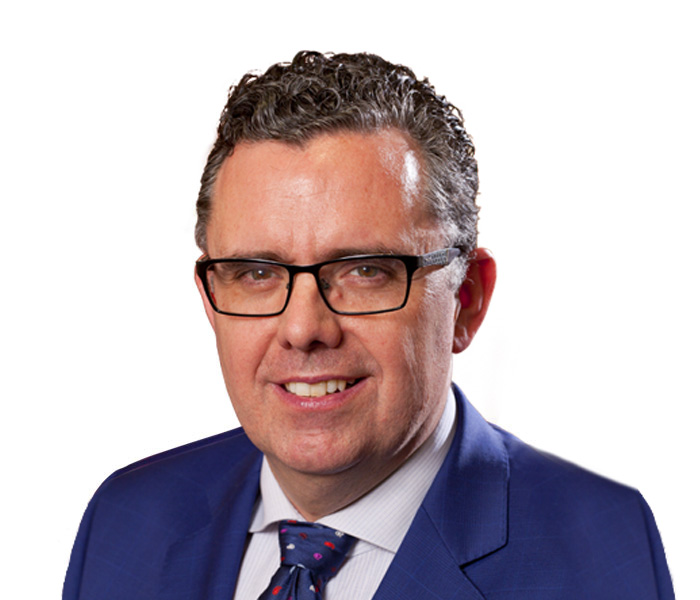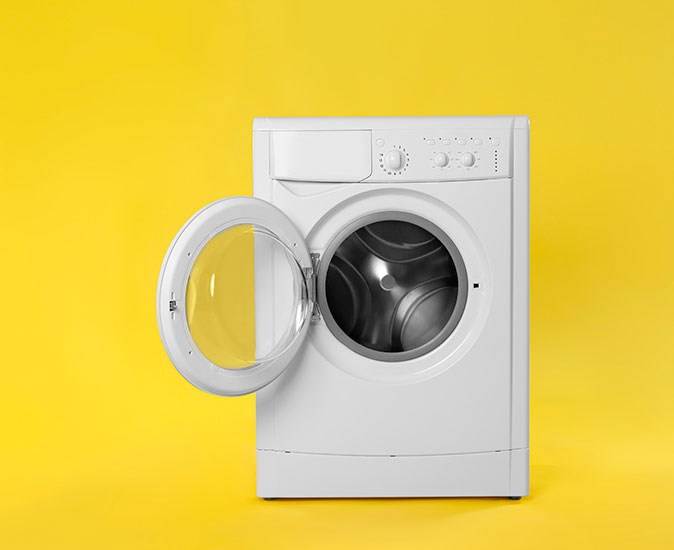
A change of mentality is necessary to promote the circular economy
Josep Maria Tost – Director of the Catalonia Waste Agency (ARC)
“A change in mindset is required of all the stakeholders in the product – consumption – recycling chain. The circular economy is a comprehensive vision of how to conceptualise the product”

1. How would you assess these first 15 years since the entry into force of the Extended Responsibility of the Producer with Royal Decree 208/2005?
The application of Extended Producer Responsibility (EPR) hands over to the producers (manufacturers and importers) of electric and electronic equipment (EEE) the responsibility of managing the EEE they put on the market when it is converted into waste (WEEE). In these fifteen years, different legislative and organisational instruments have been brought in to apply the EPR and the quantities of WEEE managed have substantially increased, thanks to the efforts of all the shareholders involved (producers, waste managers, recycling centres, distributors and administrations).
In any case, we must not forget that the EPR, by making EEE producers responsible for the management of WEEE, has as a fundamental objective that this extension of responsibility encourage producers to introduce improvements in the design of their products to make them more durable, more repairable, more reusable and more recyclable, that is, so their products cause less waste generation and less environmental impact.
In these last fifteen years, we have seen that the EPR has been effective in this fundamental aspect, and it concerns us because these changes are particularly necessary in the EEE sector as these products are continuously growing in quantity and complexity and also contain scarce and strategic raw materials.
In this sense, we expect a more transparent collaboration between producers and waste managers that allows managers to know the composition of the WEEE they receive and producers to know the managers’ requirements to ensure a correct management of WEEE.
2. What is your assessment of the regulatory development in the waste management sphere?
Extended Producer Responsibility (ERFP) is becoming increasingly widespread in Europe and will develop further in the next few years. There are increasingly stringent requirements from the European institutions, drafting and revising the Directives, and therefore the Member States will have to update their regulations. This has gradually evolved from the mere management of waste in a safe manner to establishing a new framework based on the circular economy, where waste turns into resources.
In the WEEE sphere, the transposing to Spanish law of the WEEE directive has provided us with a tool that details the responsibilities of all the chain’s shareholders, contains specific technical requirements and, unlike other EU member states, incorporates specific preparation for re-use targets for WEEE that producers must meet. We consider that meeting these targets may contribute to producers introducing promotion of re-use as one of their environmental and social values.
3. How important is appropriate management of waste electric and electronic equipment in the development of the circular economy and the energy transition?
The contribution of WEEE management to the circular economy starts with the production of more durable, more repairable, dismountlable EEE that incorporate recyclable and recycled materials.
The next step requires transparent communication between producers and managers so that the managers can get the most value out of the WEEE in conditions that enable producers to incorporate the materials and components recovered by managers into their new EEE.
In order to enable the circular economy, the management of WEEE must be done prioritising preparation for re-use, followed by recycling and energy recovery, for which the selective collection of this waste must be done in optimum conditions.
4. What has been and must be the role of Producer Responsibility Organisations in waste management?
Organisations have a key role in the waste management chain as they act so that producers can fulfil the regulations and have to finance the comprehensive management of the WEEE generated by their producers.
In the future, PRO must play a bigger role in promoting the circular economy, with a management that contributes to a transparent, trust relationship between all the stakeholders involved in WEEE management, establishing reduced rates for EEE that generate less environmental impact.
5. In your opinion, what are the main challenges that need to be faced to promote the circular economy? How do you think the future of waste management will evolve in Europe and in our country?
“A change in mindset is required of all the stakeholders in the product – consumption – recycling chain. The circular economy is a comprehensive vision of how to conceptualise the product (ecodesign), simplifying its recycling and making it easy to repair or transform from a product into a service. There are a broad range of possibilities and I think the producer – waste manager relationship will be increasingly direct, as the chain needs to know what happens at the end of the stream and how it can be improved in the initial product phase. Europe is already considering forging ahead with a new product policy, considering a vision throughout the entire life cycle, not just setting conditions at the end of the product’s life.

